
To Brian Wansink of Cornell University, a blog post he wrote in November, 2016, was a meant as a lesson in productivity: A graduate student who was willing to embrace every research opportunity submitted five papers within six months of arriving to his lab, while a postdoc who declined two chances to analyze a data set left after one year with a small fraction of the grad student’s publications.
But two months and nearly 50 comments on the post later, Wansink — known for so much high-profile nutrition research he’s been dubbed the “Sherlock Holmes of food” — has announced he’s now reanalyzing the data in the papers, and will correct any issues that arise. In the meantime, he had to decline requests to share his raw data, citing its proprietary nature.
As Wansink writes in the second addendum to the November blog post, “The Grad Student Who Never Said ‘No’:”
Continue reading Backlash prompts prominent nutrition researcher to reanalyze multiple papers
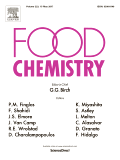 Journals have retracted two papers after they were flagged by a pseudonymous blogger, who suspected all had copied text from other sources.
Journals have retracted two papers after they were flagged by a pseudonymous blogger, who suspected all had copied text from other sources.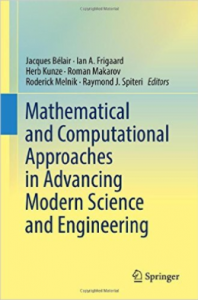
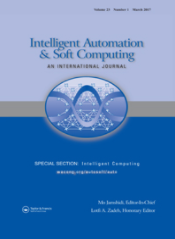
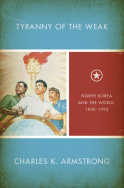 The author of a high-profile book about the history of North Korea is issuing 52 corrections to the next edition, scheduled to appear this spring. The changes
The author of a high-profile book about the history of North Korea is issuing 52 corrections to the next edition, scheduled to appear this spring. The changes  Researchers in Ireland have retracted a case study about a rare type of cancer in a child because – contrary to what they claimed in the paper – they had not obtained the necessary permission from the parents.
Researchers in Ireland have retracted a case study about a rare type of cancer in a child because – contrary to what they claimed in the paper – they had not obtained the necessary permission from the parents.
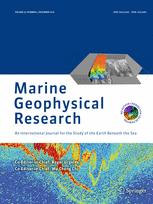 A 2016 paper has been retracted at the request of a company that provides geoscience solutions because the authors—who are employees of the company—included proprietary information and didn’t obtain proper permission.
A 2016 paper has been retracted at the request of a company that provides geoscience solutions because the authors—who are employees of the company—included proprietary information and didn’t obtain proper permission.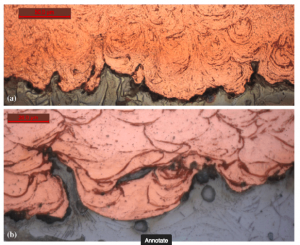
 Sometimes, a seemingly run-of-the-mill retraction notice turns out to be much less straightforward.
Sometimes, a seemingly run-of-the-mill retraction notice turns out to be much less straightforward.